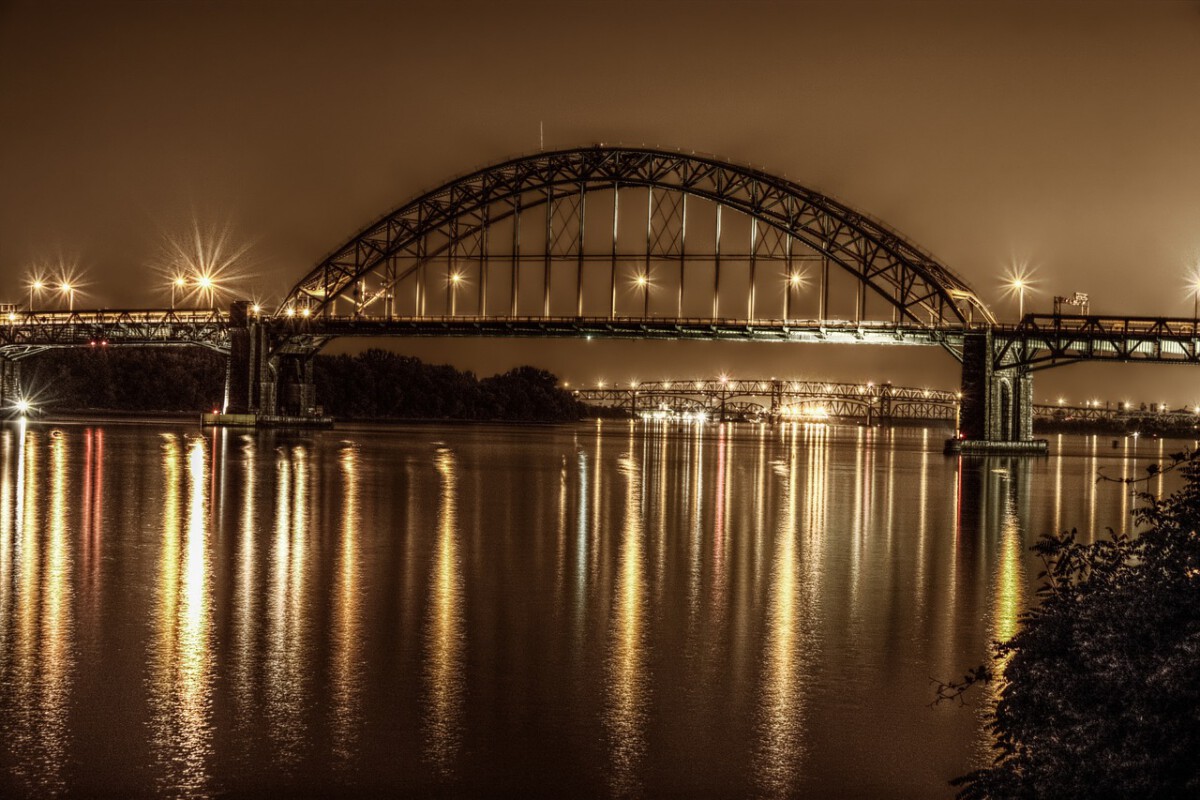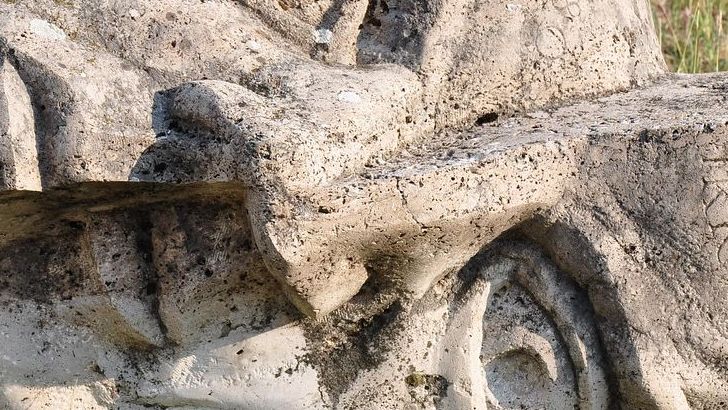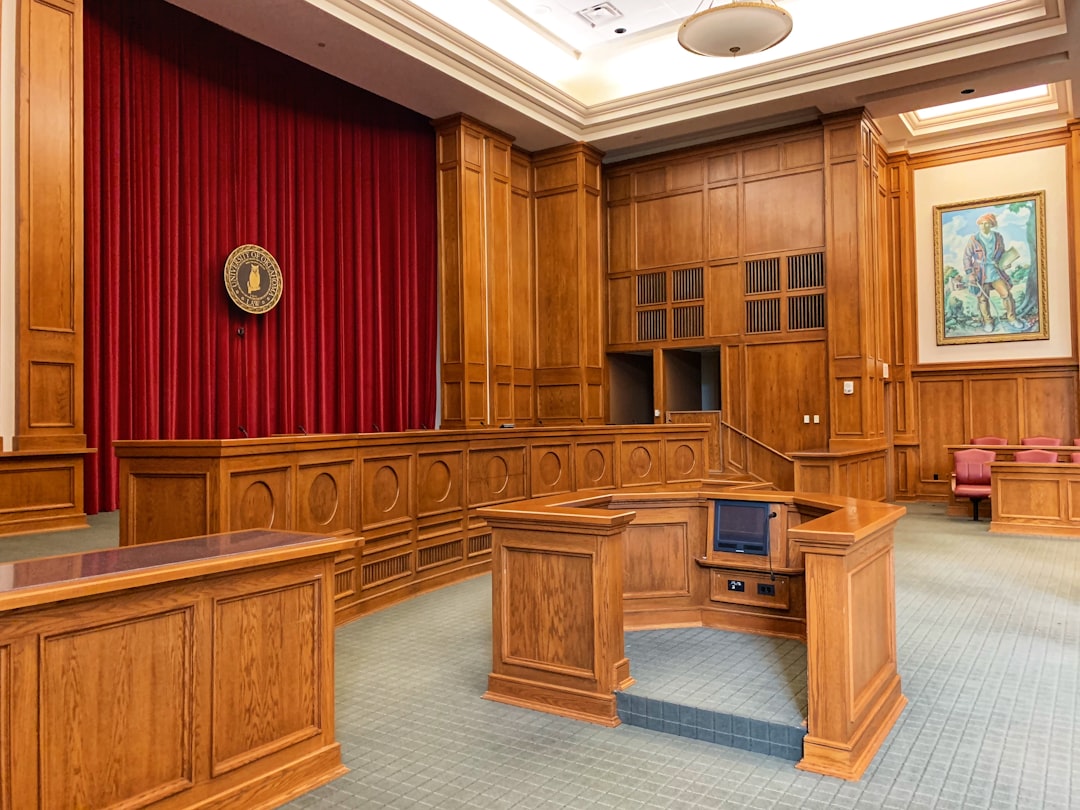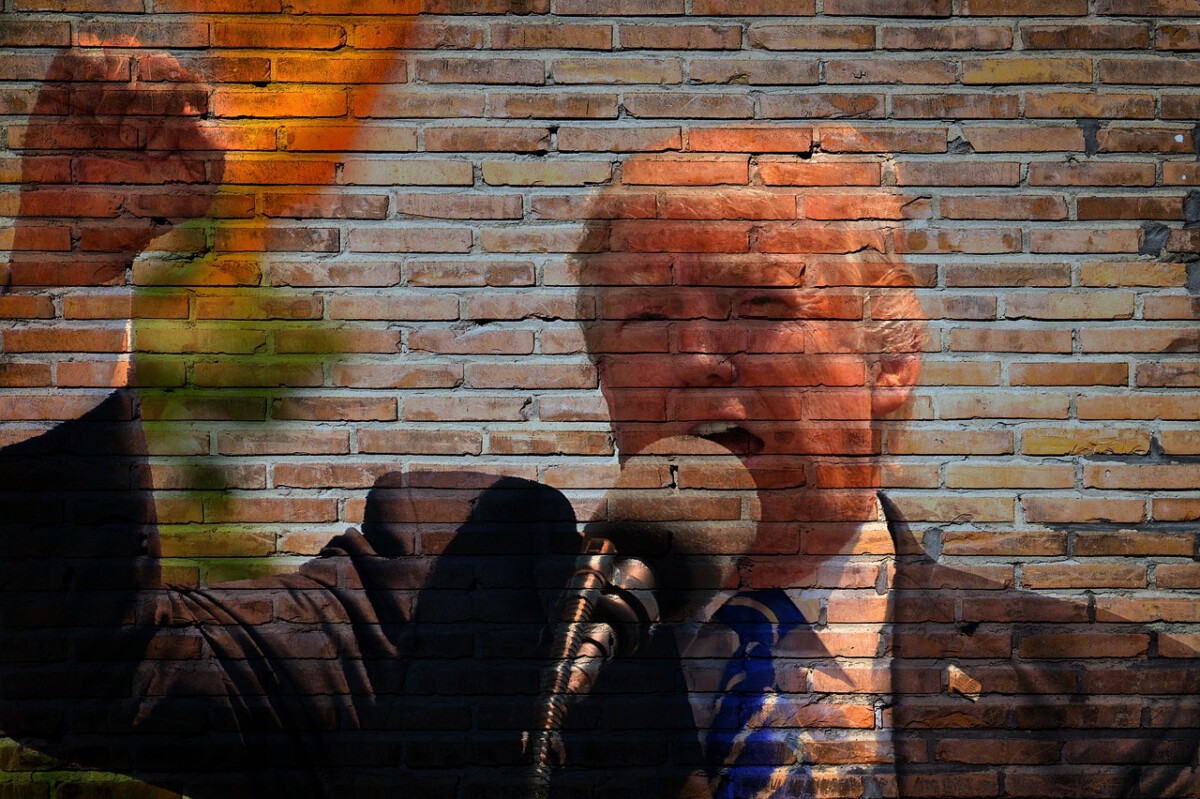A Bold Move That Shocked Everyone

Imagine you’re in a room full of 30 men, and someone asks you to make the most important decision of your lifetime in just four days. On December 7, 1787, the Delaware Ratifying Convention met on December 3, 1787 and, shortly after meeting, became the first state to ratify the Constitution, by a unanimous vote, 30-0. This wasn’t some casual vote on a local ordinance – this was choosing to become the very first state in what would become the United States of America. It’s like being the first person to try a brand new restaurant that could either become world-famous or close down in a week. The pressure was enormous, but Delaware didn’t hesitate for a second. Delaware beat Pennsylvania by five days in ratification. Talk about cutting it close – Pennsylvania was breathing down their necks, desperately wanting to be first so they could secure the national capital within their borders. But Delaware’s delegates weren’t about to let that happen.
The Tiny State with Giant Courage

Delaware was a very small state in area and in population. They had no major economic center or product, and yet despite small size, their coast line was large. Picture Delaware as the little kid in the classroom who raises their hand first when the teacher asks a tough question. They might not have been the biggest or strongest, but they had something more valuable – guts. Delaware was such a small state in 1787, and many were afraid that the much larger states surrounding Delaware would take advantage of her. Others believed that the only way to survive as a small state would be to join in a union with the larger states. It’s kind of like when you’re playing a video game and you’re the smallest character, but you know that teaming up with the bigger players is your best shot at winning. Delaware’s leaders were smart enough to see that joining the union early would give them a voice they’d never have on their own.
The Secret Meeting at Battell’s Tavern

On December 7, 1787, the delegates, meeting in Dover at Battell’s Tavern (also known as the Golden Fleece Tavern) unanimously made Delaware the first state to ratify the United States Constitution. Picture this scene: On Dec. 3, 1787, 30 delegates shook the cold from their bodies and entered Elizabeth Battell’s Golden Fleece Tavern in Dover for an important convention. The Delaware State House wasn’t even finished yet, so they had to meet in a tavern. The Golden Fleece Tavern, which is no longer standing, was then used for meetings of the General Assembly because the new State House was not yet completed. Imagine making the most important decision in American history while sitting around wooden tables where people usually drank ale and told jokes. ‘It took place in a tavern, so it could not have been all that large,’ Bushman said. ‘I imagine it was somewhat boisterous and noisy, but not rowdy.’ This wasn’t exactly the formal setting you’d expect for such a momentous occasion, but maybe that’s exactly what made it work.
The Four-Day Marathon That Changed Everything

Four days later, on Dec. 7, 1787, they voted unanimously to ratify the Constitution, making Delaware the first state in the country to do so. Four days might seem like nothing now, but back then, this was lightning speed for such a massive decision. Reports of the Delaware Ratifying Convention have been lost. But by accounts, other than a petition to reject delegates who had been selected by Sussex, not much debate ensued. It’s fascinating that we don’t have detailed records of what was actually said during those four days – maybe they were too busy making history to worry about taking notes. Little is known of the actual ratification, although archivists still have the convention secretary’s bills for firewood and candles provided by Mrs. Battel. We know more about the heating bills than the actual debates, which is pretty wild when you think about it.
No Opposition, No Drama, Just Pure Unity

In Delaware, however, there was no overt opposition. Indeed, all of Delaware’s normally combative political factions favored the new constitution. This is absolutely stunning when you consider how divided politics can be. No Antifederalists ran for election. It’s like having an election where everyone agrees on everything – something that seems almost impossible in today’s world. Citizens of Delaware desired a stronger national government than the Articles provided. The people of Delaware had lived under the weak Articles of Confederation and they were fed up with a government that couldn’t get anything done. They wanted something stronger, something that actually worked. Think of it like living in a house with a leaky roof – eventually, you get so tired of putting buckets everywhere that you’re ready to do whatever it takes to fix the problem properly.
The Unanimous Vote That Made History

The first state to ratify was Delaware, on December 7, 1787, by a unanimous vote, 30 – 0. A 30-0 vote on something this important is like getting everyone in your family to agree on where to go for vacation – it just doesn’t happen unless something is really, really right. The only other states to vote unanimously to ratify the Constitution were New Jersey and Georgia. So Delaware wasn’t just first, they were part of an exclusive club of states that had zero dissenters. The thirty delegates quickly and unanimously approved the new constitution. The convention clerk hand-scripted their approval on a large piece of parchment, now called the Ratification Document, and the delegates signed it on Friday, December 7, 1787. Picture that moment – thirty men picking up their quill pens and signing their names to a document that would change the world forever.
The Strategic Delegates Who Made It Happen

Delaware sent five delegates to the Constitutional Convention in Philadelphia- Richard Bassett, Gunning Bedford, Jr., Jacob Broom, John Dickinson, and George Read. These weren’t just random guys picked off the street – they were Delaware’s A-team. Of the five delegates who attended the Constitutional Convention in Philadelphia, Dickinson was probably the most prominent. Known as “Penman of the Revolution,” he wrote the Liberty Song in 1768. In that same year and the next, he also wrote a series of papers known as Letters from a Farmer in Pennsylvania, attacking British taxing policies. John Dickinson was basically Delaware’s celebrity politician, and having him on board was like getting a famous actor to endorse your movie. Dickinson has been credited with proposing a solution to address a proposal that the two houses of the Congress be represented according to population, offering that the Senate provide for every state to be equal and the state legislatures to pick the Senators. Talk about leaving your mark on history – this guy literally helped design how the U.S. Senate works.
The French Observer Who Saw It Coming

As a contemporary French observer living in New York City wrote, “Delaware has the advantage of having given the first signal of a revolution in the general government of the United States, and its example can only produce a good effect in other state conventions.” Even foreign visitors could see that Delaware was doing something special. This French guy was basically the political commentator of his day, and he nailed it. Delaware’s willingness to seize the initiative was very important. It’s like being the first person to start clapping at a concert – once one person does it, everyone else feels comfortable joining in. Delaware gave other states the courage to follow their lead. The psychological impact of being first can’t be overstated – it proved that regular people could actually make this new Constitution work.
Pennsylvania’s Failed Attempt to Beat Delaware

Delaware’s speediness thwarted Pennsylvania’s attempt to be first to ratify in the hope of securing the seat of the National Government in Pennsylvania. Pennsylvania was playing chess while Delaware was playing speed chess. The Pennsylvanians had this grand plan to be first so they could convince everyone to put the nation’s capital in Philadelphia. Pennsylvania ratified the Constitution on Dec. 12, 1787. Five whole days too late – in politics, that might as well be five years. It’s like showing up to Black Friday sales at noon when the doors opened at 6 AM. Pennsylvania had all the advantages – bigger population, more money, better location – but Delaware had something more valuable: the ability to make a decision quickly. Sometimes being small and nimble beats being big and slow.
The Physical Document That Started a Nation

The 30 delegates signed a ratification document that, thanks to the foresight of a state official in 1989, is still in existence today. Former Delaware Secretary of State James Hughes reportedly discovered the document rolled up in the attic of the Old State House ready to be tossed out. He saved it in his home until a state archives was established in 1905. Can you imagine if that document had been thrown away? The actual piece of paper that made Delaware the first state was almost treated like old newspaper. It’s like finding the original recipe for Coca-Cola in your grandma’s attic – you’d have no idea how valuable it was until someone told you. The clerk made a duplicate copy, including signatures, and sent it to the national government. Smart thinking – always make backup copies of important documents, even in 1787.
The Ripple Effect That Built America

Delaware led the process, and on June 21, 1788, New Hampshire became the ninth state to ratify the Constitution, making federal democracy the law of the land. Government under the U.S. Constitution took effect on March 4, 1789. Delaware’s quick action started a domino effect that took over a year to complete. By January 9, 1788, five states of the nine necessary for ratification had approved the Constitution–Delaware, Pennsylvania, New Jersey, Georgia, and Connecticut. Like a snowball rolling downhill, the movement just kept getting bigger and stronger. Delaware had proven it could be done, and other states followed their example. It’s like when one kid in class raises their hand to answer a tough question – suddenly everyone else realizes they know the answer too.
Delaware Day: The Modern Celebration

This year’s Delaware Day Adventure contest is inspired by the State’s crucial role in the nation’s founding, celebrated each December 7th. Visitors who explore the five museums managed by the State of Delaware between December 7th, 2024, and December 28th, 2024, and have their Delaware Day passports signed will get a chance to win a prize. Known as “Delaware Day,” the December 7th holiday marks the moment in 1787 when Delaware became the first state to ratify the U.S. Constitution, giving it fame as the “First State” in the nation. Delaware isn’t shy about celebrating its moment in history. Delaware’s governors have proclaimed December 7 as “Delaware Day” since 1933. They’ve been throwing this party for over 90 years now, and honestly, they’ve earned the right to brag. Thanks to the efforts of a wise Delaware educator and legislator, Mr. E. Paul Burkholder along with the Rotary Club of Georgetown, a statewide effort was made in 1933 to have December 7 established as Delaware Day. He and this Rotary Club secured more than 6,000 signatures on petitions, which were presented to the Governor and to the legislature. As a result, a House Joint Resolution was passed and approved on November 29, 1933. The first Delaware Day celebration was held December 7, 1933, by proclamation of Governor C. Douglass Buck.
The Five-Day Window When Delaware Was America

As Gov. Michael Castle has said: ‘Delaware was the whole country for five days.’ This quote perfectly captures something that’s easy to forget – for five whole days, Delaware wasn’t just the first state, it was the only state. From December 7 until Pennsylvania joined on December 12, Delaware was literally the entire United States under the new Constitution. That’s like being the only customer in a brand new store – you get all the attention, but you also carry all the responsibility. During those five days, if someone had asked “What does America think about this new Constitution?” the answer would have been whatever Delaware thought. That’s a pretty heavy responsibility for a small state, but they handled it with grace and confidence. It must have been both exciting and terrifying to represent the entire future of American democracy.
Thus, Delaware—the “State That Started a Nation”—will honor its forefathers on December 7 of every year for their wise decision. This decision gave Delaware its proud heritage which will be upheld as the citizens of Delaware continue to lead the Nation. What do you think would have happened if Delaware had hesitated just one more day?








